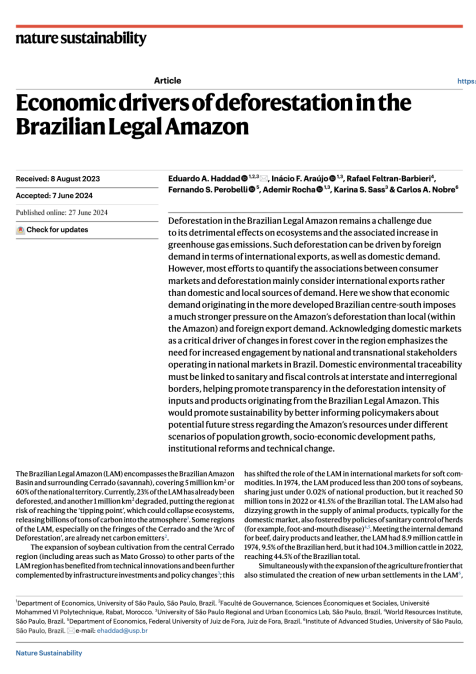Driving Climate Resilience: Japan’s Experience in Global Sustainability Efforts
February 20, 2025
In this episode, Dr. Megumi Muto shares insights on sustainability and its integration into global cooperation, highlighting several key principles such as inclusivity, building trust, and creating shared values. Drawing on Japan’s experience, Dr. Muto discusses the importance of climate finance, adaptation, and the role of developed countries in addressing climate challenges. She also emphasizes the significance of risk finance, resilience, and adaptation strategies, particularly in vulnerable regions, and reflects on lessons learned from disaster management efforts in Southeast Asia.






